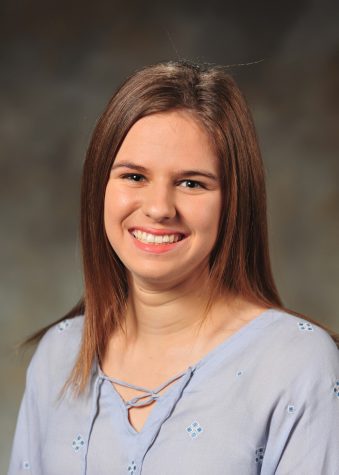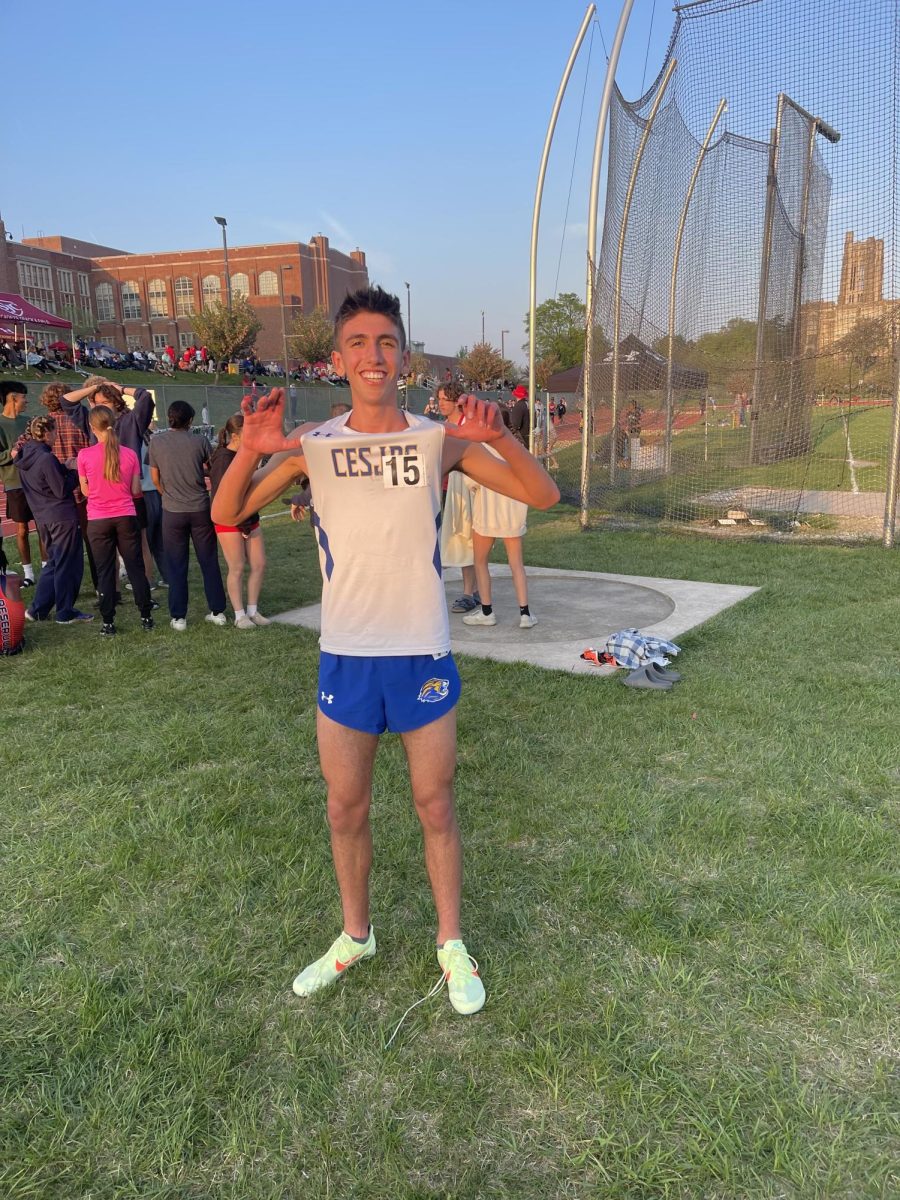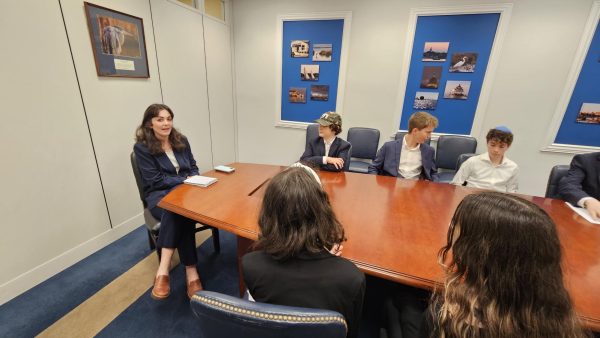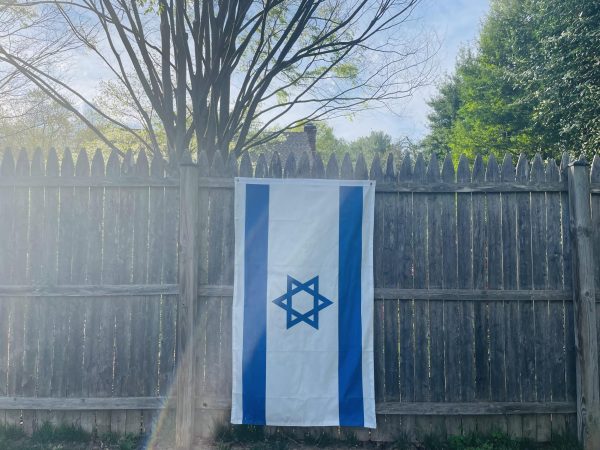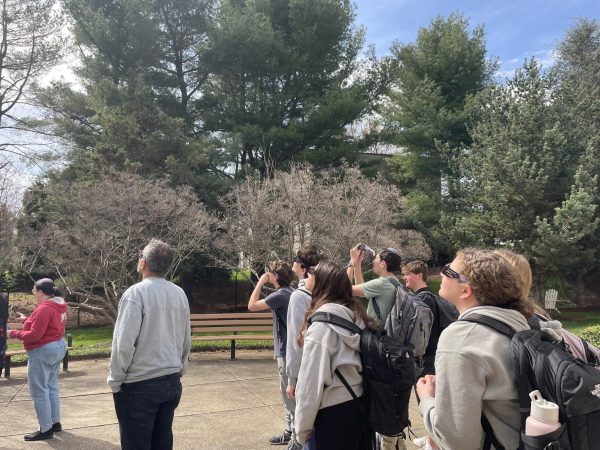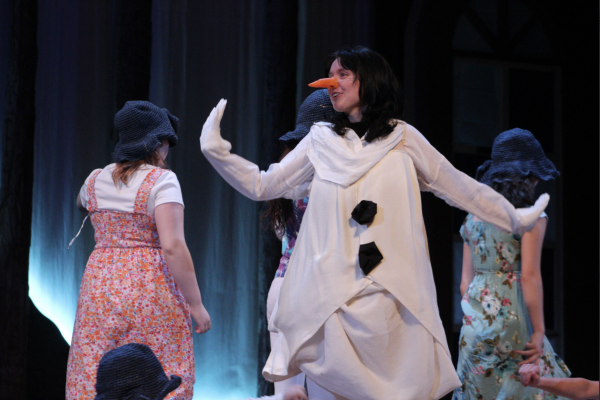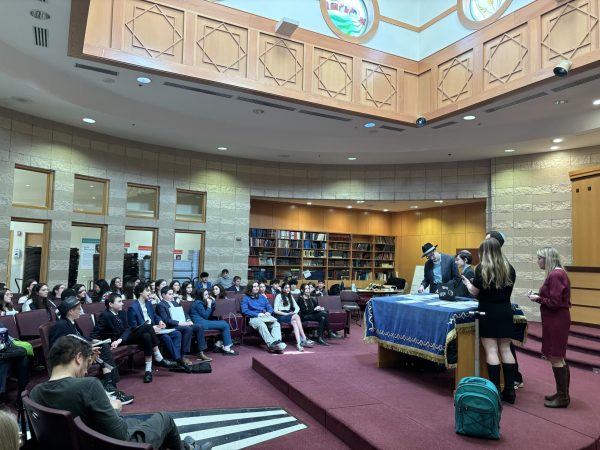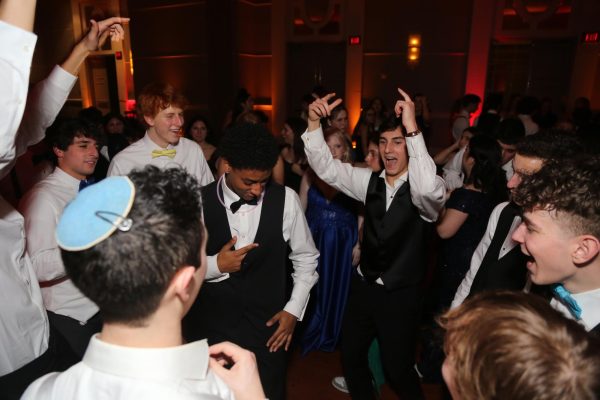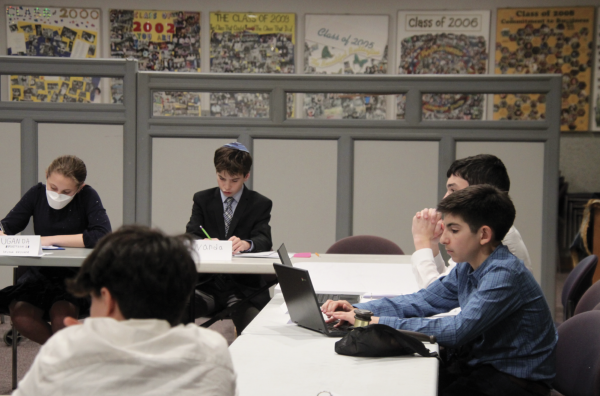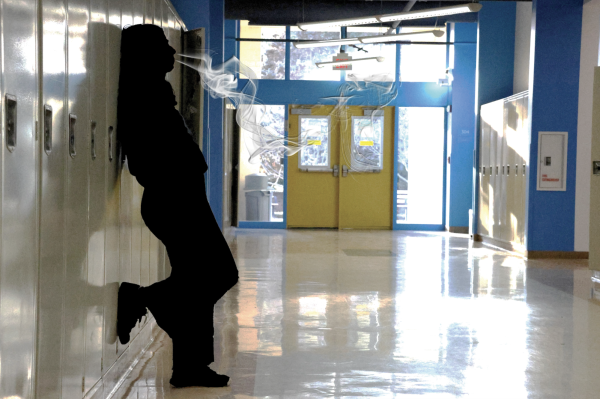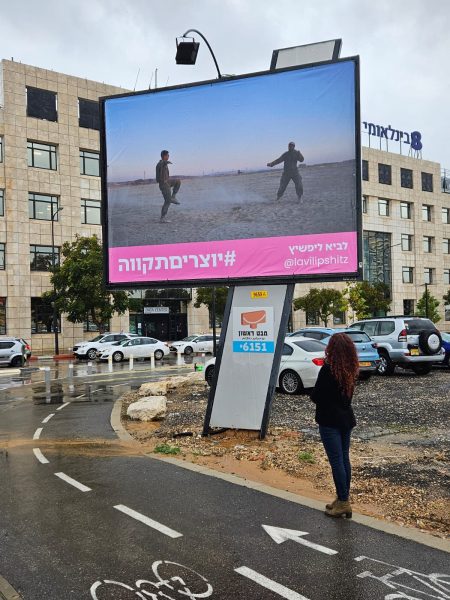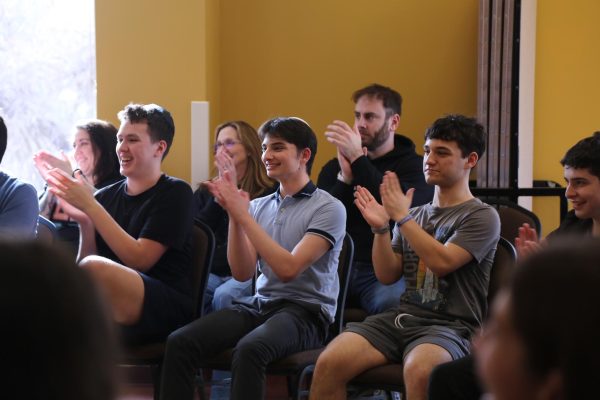Arab Israeli Students Visit JDS
April 21, 2015
CESJDS students learn about and discuss the Arab-Israeli conflict and other modern issues in Israel during class. However, it is rare that they have an opportunity to create change themselves.
Four Arab Israeli students and their two principals visited CESJDS last Monday and Tuesday. The group, which came from Deir el-Asad, an Arab village in Northern Israel, visited the US as part of a project sponsored by the Sparks of Change Foundation. The project aims to establish peaceful relations and friendships between Arabs and Jews in Israel and around the world.
According to Deir el-Asad Junior High Principal Husein Assadi, the project is important because it focuses on “coexistence”.
“The goal at the end is to prove we can live together despite cultural, political and religious differences, that we are able to find things in common and live in peace,” Husein said.
The visitors included two freshmen and two sophomores who were selected to participate because of their excellent performance in school. During their one week trip in the US, they also visited Beth Tfiloh Dahan Community School in Baltimore, the Community Day School in Pittsburgh and a Jewish youth group at B’nai Jeshurun synagogue in the Upper West Side of New York City.
While at JDS, the visitors met with Hebrew, Arabic, and Arab-Israeli Conflict classes. While attending these classes, discussions ranged from the visitors’ favorite hobbies to their cultural practices. Sophomore Ahmad Assaf and ninth grader Malak Assadi explained that their strongest identification with Arab culture is the celebration of Ramadan, a 30 day period where Muslims fast during the daytime. When asked to share the first thing that comes to his mind when he hears the word ISIS, Assaf responded, “they are not Muslims.”
The visitors participated in two 11th grade Arab-Israeli Conflict classes. In one, taught by Jewish History teacher Aaron Bregman, the visitors joined a student discussion on the disengagement from Gaza in 2005. The visitors joined Bregman’s other class in hearing a presentation on the Arab-Israeli conflict by Captain Ronen Nimni, Israel’s naval attaché and the father of freshman Dolev and junior Tuval Nimni. According to Bregman, Nimni and a principal from the Arab Israeli school got into a “heated argument” regarding Iran, but the outcome was positive.
“In the end they shook hands and it showed I think a very important sign, that clearly, as in any Israeli discussion, people can agree to disagree,” Bregman said. “In the end they all came together. I think that demonstrated a strong bond between both Jews and non-Jews.”
On a more personal level, the visiting students were struck by the stark differences between their own school and JDS.
“Our school is smaller than yours,” Malak said. “[JDS] offers classes that we do not offer, and in our school the students have all their classes in one room, the teachers just switch for different subjects.”
Hussein explained that since the Israeli government does not provide funding for their school, their lack of resources keeps them from providing the types of opportunities for their students that are available at JDS.
“You have an art room, a music room, a gym and a sports program, we do not have that,” Hussein said. “That is a very big physical difference. You also have individual lockers where students can store their personal belongings.”
The students stayed with host families in the JDS community and on their second night here JDS parent and hostess Nancy Bramson welcomed all of the host families and the visitors to her house for dinner. Afterwards they all toured the monuments in D.C. together.
Jewish Text teacher Aviva Gershman, who helped organize the visit, felt that the home hospitality was the most impactful part of the trip for both the visitors and the JDS families. She hopes that this visit will be the first of many trips that connect the JDS community to various Israeli communities.
“For us as a school it’s part of a larger mission to expose our students here to the broad diversity of populations within Israel,” Gershman said.
She hopes to continue this exposure by bringing more minority groups from Israel to JDS such as delegations of Ethiopian-Israelis, Druze-Israelis, and Bedouin Israelis.
Additionally, Gershman hopes that JDS host students will have the opportunity to visit schools in Deir el-Asad during future senior Israel trips. And even if that does not work out, students will be able to stay in touch with the Arab-Israeli students on Facebook, as many JDS students are now Facebook friends with the Arab-Israeli students.
“Our trip is the first step and we intend to grow,” Hussein said. “This is the first attempt to bring together students, and expand the connection between as many Arab and Jewish children as possible in both of the schools.”


